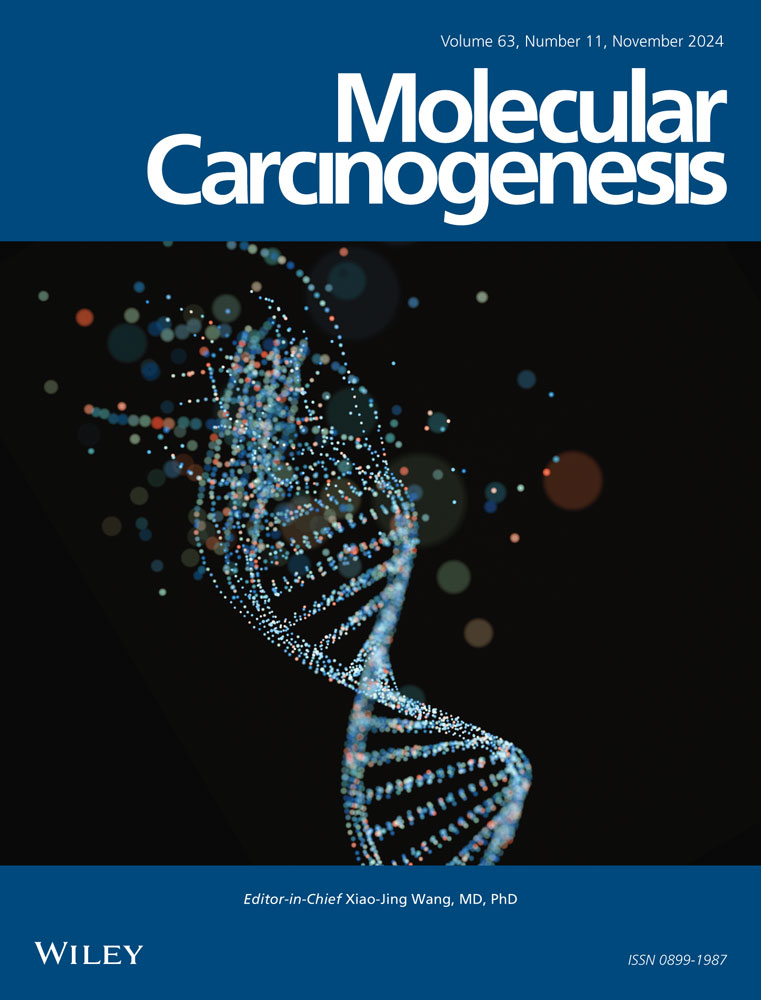The anthraquinone derivative KA-4s reduces energy metabolism and enhances the sensitivity of ovarian cancer cells to cisplatin
Yingdan Zhao and Xinxiao Li shared their first authorship.
Abstract
Ovarian cancer is the leading cause of death from female gynecological cancers. Cisplatin (DDP) is a first-line drug for ovarian cancer treatment. Due to DDP resistance, there is an urgent need for novel therapeutic drugs with improved antitumor activity. AMPK-mediated metabolic regulatory pathways are related to tumor drug resistance. Our study aimed to determine the relationship between reversing DDP resistance with the anthraquinone derivative KA-4s and regulating AMPK energy metabolism in ovarian cancer. The results showed that KA-4s inhibited the proliferation of ovarian cancer cells. The combination of KA-4s with DDP effectively promoted drug-resistant ovarian cancer cell apoptosis and inhibited cell migration and invasion. Moreover, KA-4s decreased the intracellular ATP level and increased the calcium ion level, leading to AMPK phosphorylation. Further studies suggested that the AMPK signaling pathway may be involved in the mechanism through which KA-4s reduce drug resistance. KA-4s inhibited mitochondrial respiration and glycolysis; downregulated the glucose metabolism-related proteins GLUT1 and GLUT4; the lipid metabolism-related proteins SREBP1 and SCD1; and the drug resistance-related proteins P-gp, MRP1, and LRP. The inhibitory effect of KA-4s on GLUT1 was confirmed by the application of the GLUT1 inhibitor BAY-876. KA-4s combined with DDP significantly increased the expression of p-AMPK and reduced the expression of P-gp. In a xenograft model of ovarian cancer, treatment with KA-4s combined with DDP reduced energy metabolism and drug resistance, inducing tumor apoptosis. Consequently, KA-4s might be evaluated as a new agent for enhancing the chemotherapeutic efficacy of treatment for ovarian cancer.
CONFLICT OF INTEREST STATEMENT
The authors declare no conflict of interest.
Open Research
DATA AVAILABILITY STATEMENT
All data generated or analyzed during this study are included in this published article.




